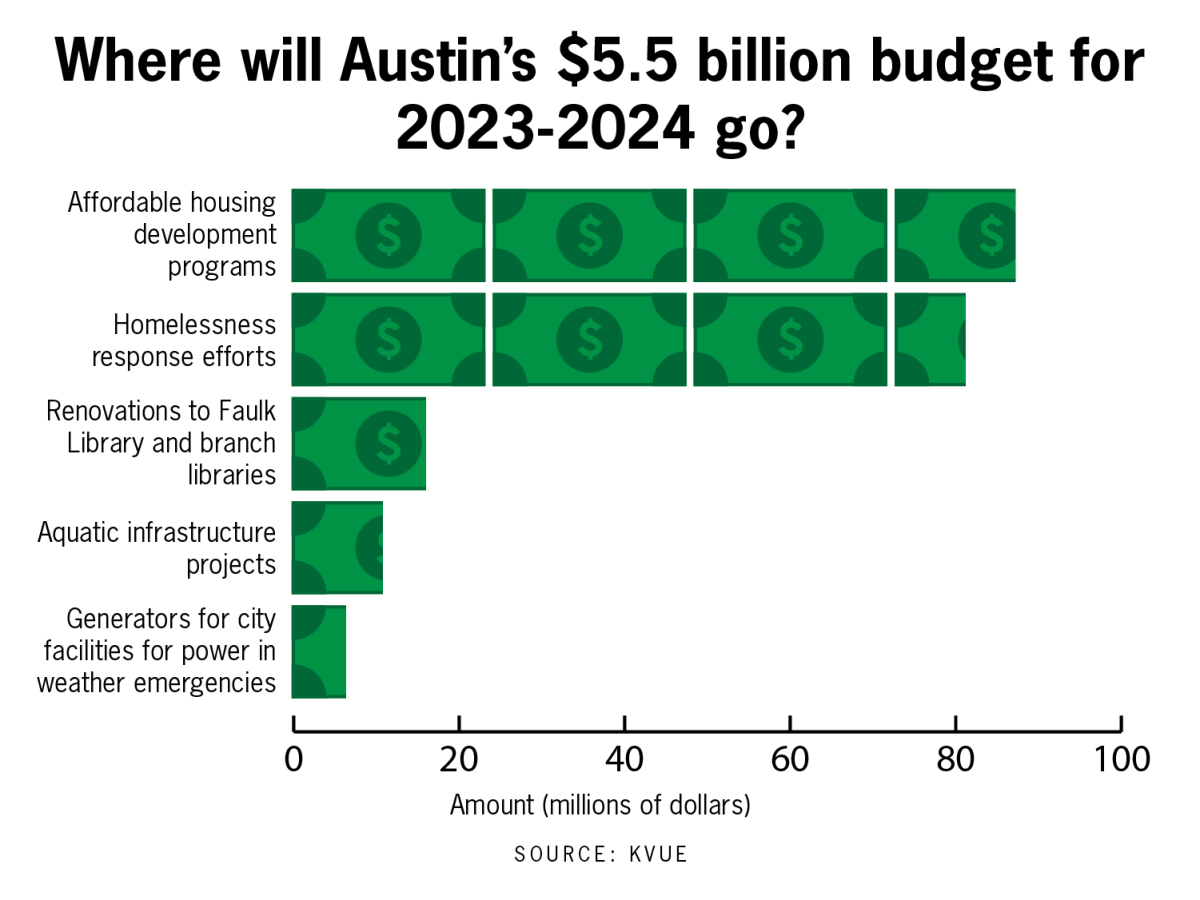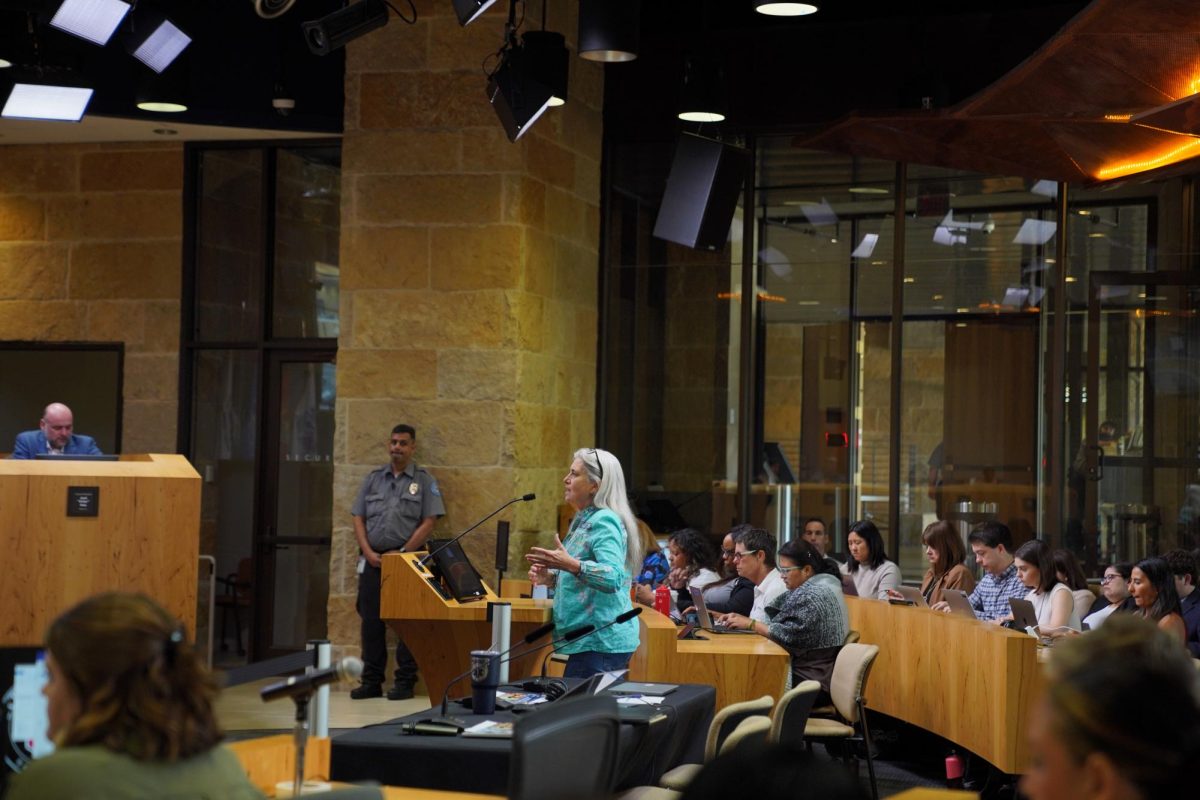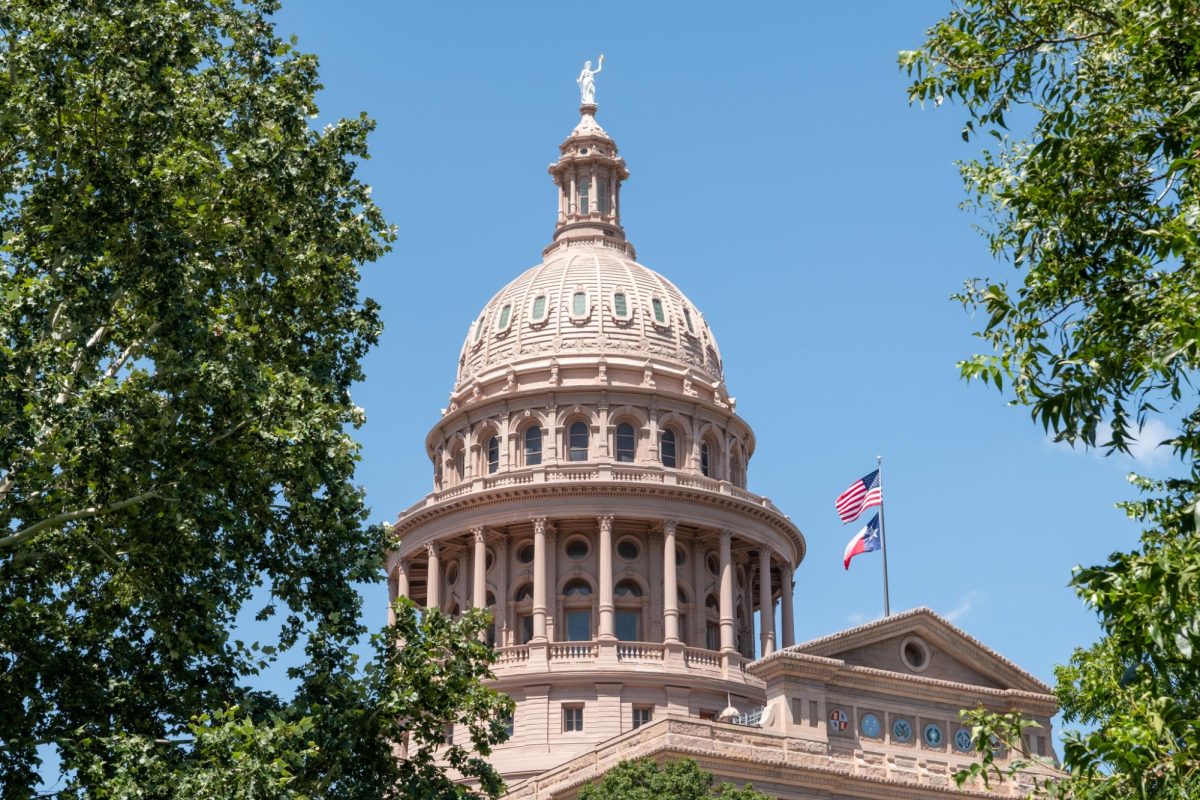The Austin City Council adopted a $5.5 billion budget, the largest in the city’s history, for the 2023-24 fiscal year on Aug. 16.
The budget, approved in a 10-1 vote, includes the largest ever Austin Police Department budget at $477.3 million, with pay increases for sworn officers making up the biggest chunk of the increase. The adopted budget also sets aside millions for investments in city services, with significant funding for homelessness response and affordable housing.
However, João Paulo Connolly, co-chair of the Leadership Council of the Continuum of Care Program, which oversees the homelessness response system for Austin and Travis County, said the budget does not allocate very much new money to homelessness response compared to last year.
“It’s not a radical departure from last year’s budget,” Connolly said. “For the most part, it maintains the status quo around homelessness response.”
Many current projects that are part of this response rely on funding from the federal government as part of the American Rescue Plan Act that provided relief during the COVID-19 pandemic, Connolly said. Funds provided from it must be spent by 2026.
“There’s these temporary buckets of money in our community around homelessness,” Connolly said. “If the city doesn’t start proactively thinking long-term about what its investment plan will be … we’re creating an incredibly precarious situation.”
Connolly said the budget does provide funding for some new projects impacting homelessness, such as funding for diversion and rapid exit services. This program connects people who are on the brink of, or have recently fallen into, homelessness with family members and immediate resources, Connolly said.
Other investments from the budget focus on affordability, including a budget amendment from City Council member Vanessa Fuentes that continues the Family Stabilization Grant Program that launched last year. The program provides $1000 “mini grants” to low-income families in crisis situations.
“We already know six months into its pilot year that it’s a success,” Fuentes said at a City Council budget work session on Aug. 10. “We’ve heard from families who have participated in this program … who talked about having access to this type of financial assistance has really helped provide that stabilization, helped with housing security and helped ensure that our families are not falling into homelessness.”
The budget allocates $87.2 million for creating and preserving affordable housing in Austin, and a budget amendment from council member Zo Qadri allocates funds to educate and counsel Austinites on fair housing regulations to ensure accessibility.
“(After graduating from UT), you’re left with a really tough decision of ‘Am I going to be able to stay in this incredible city that I love so much?’” University Democrats president Brian Peña said. “Programs like that are going to be really beneficial for students that are exiting UT and trying to make a longtime, stable life here.”
The amendment, which counters discrimination in the housing market, will impact many University students post-graduation, Peña said.
“Students are just as much Austinites as anybody else, and we really encourage our elected officials, especially City Council, to remember that,” Peña said.















